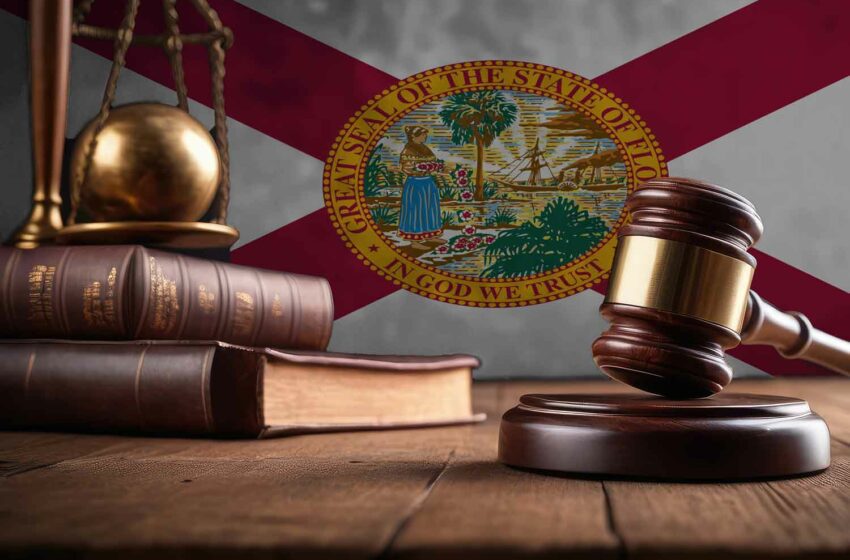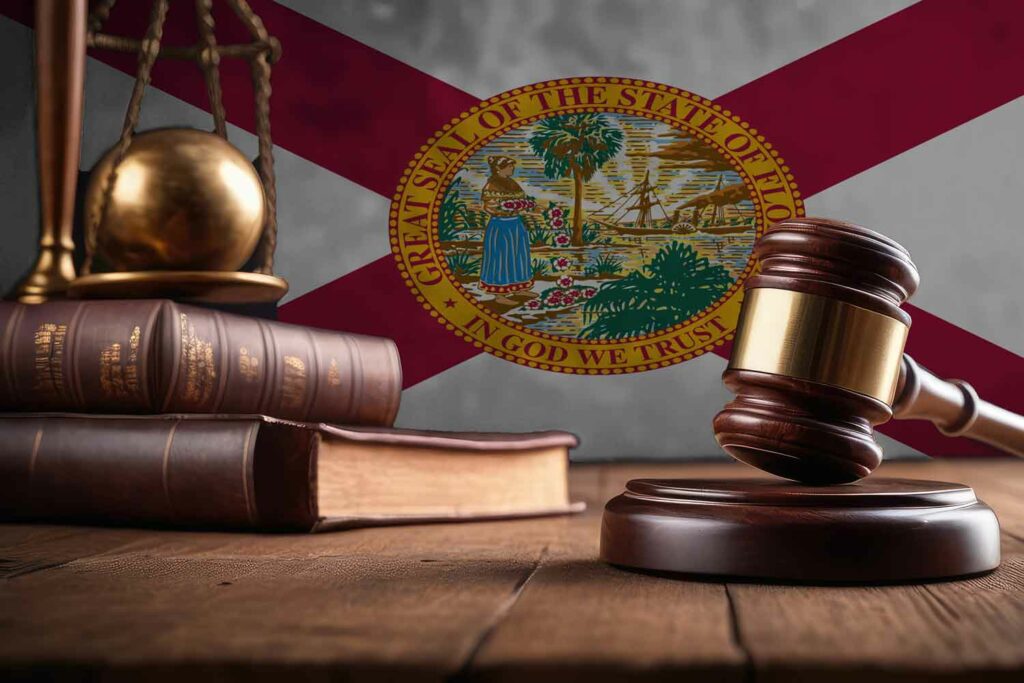Unforeseen Costs
- Also in TR News This Week Regulation Views
- May 23, 2024
- 0
- 14 minutes read


How the Florida e-cigarette registry will harm nonvapers
By Peter Clark
This year, many U.S. states have considered imposing heavy-handed registries that aim to ban most vaping products sold today. In Florida, Governor Ron DeSantis wisely refused to follow along with other states. However, his solution—a sort of reverse registry that gives Florida’s attorney general the authority to ban specific products—will create more problems than it solves.
It’s understandable how many nonvapers would see this law as being reasonable. But there are many unforeseen costs that they will need to bear.
This law focuses on the dangers of vaping devices attractive to children, but there are many drawbacks to nonvapers. These include state resources wasted on ligation, unfair benefits to tobacco companies and healthcare costs of smokers imposed on all Floridians.
HB1007 will run into legal trouble if not correctly applied. Multiple factors need to be satisfied for a vaping product to be restricted. If Attorney General Moody erroneously finds a vaping device to be illegal, this opens Florida up to lawsuits.
This impacts Floridians since it costs tax dollars and ties up the court system. The Florida court system is already stressed. Between March 2022–2023, Florida led the country in the number of lawsuits filed.
Plus, the courts would require additional tax revenue to adjudicate the influx of claims. Fiscal year 2023 already saw a 7.2 percent increase in the budget over 2022. That budget has soared to $114.7 billion for fiscal 2024–2025.
The government should have a compelling interest in restricting sales of e-cigarettes. The public health justification is flimsy at best.
Teen vaping is on the decline. It isn’t flavored products that entice kids to start vaping. They vape to rebel and to reduce stress, using nicotine to self-medicate. Targeting flavored electronic nicotine-delivery systems (ENDs) based on a myth theorizing why kids start vaping will jeopardize the health of adult vapers, leaving us with an ineffective policy that burns tax dollars and overloads the courts.
HB1007 also advantages the tobacco companies. The influx of non-FDA-approved e-cigarettes has severely eaten into the market share of big tobacco. Analysts suggest the only way to remedy slumping cigarette sales would be to “clamp down on disposable e-cig growth.” The CEO of Altria has even described the market as being “overrun” by these devices.
Barring vapes that lack FDA approval benefits tobacco companies in two ways. For one, most of the products granted premarket approval were Big Tobacco-owned. In 2022, all the e-cigarettes greenlighted by the FDA were sold by R.J. Reynolds, Altria, and JTI. By the attorney general blocking Big Tobacco’s competition, they can regain some of the sales lost to popular single-use devices like Elfbar.
Even Florida voters who don’t vape should be concerned about this outcome. Upholding this law gives precedence to similar approval processes for other products. The legislature could pass additional laws to ban the sale of dietary supplements and even food deemed to be harmful. Much like the choice to vape, adults should have the right to evaluate the harm in what they choose to consume for themselves.
Florida restricting single-use ENDs would impose higher healthcare costs on Floridians. A study found that only 12.9 percent of vapers polled would abstain from nicotine if their preferred e-cigarette was banned, leaving many e-cigarette users going back to tobacco. The total healthcare cost to Florida from smoking is $10.04 billion, an annual tax burden of $854 per household. These figures do not include the impact of secondhand smoke or the $21.1 billion in lost productivity.
If a policy doesn’t directly impact you, it is easy to be apathetic. Banning popular vaping products hurts more than e-cigarette users. It wastes resources, gives tobacco companies an unfair advantage and costs Florida billions in healthcare costs. Even if you have never picked up a cigarette or vape, this law will still negatively impact you.

